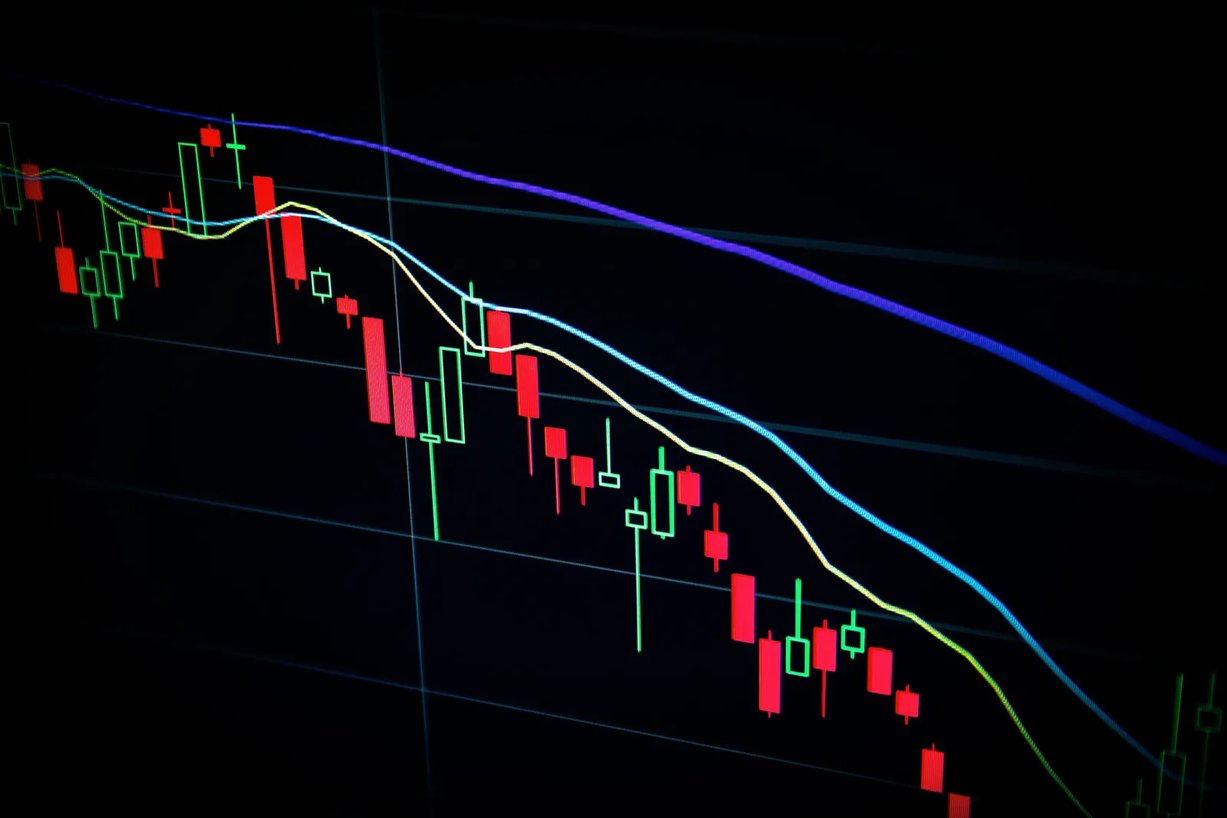
Patryk Młynarek
5 February 2024, 4 min read

Explore the power and possibilities of tools like Streamlit Dash and Panel in the world of data visualisation now with our blog post

5 February 2024, 4 min read

Explore the power and possibilities of tools like Streamlit Dash and Panel in the world of data visualisation now with our blog post

Patryk is a experienced Senior Python Developer who puts business value on the first place. Web applications enthusiast from initial development to server maintenance, ensuring the entire process runs smoothly. In his free time, Patryk enjoys playing board games and motorcycling.